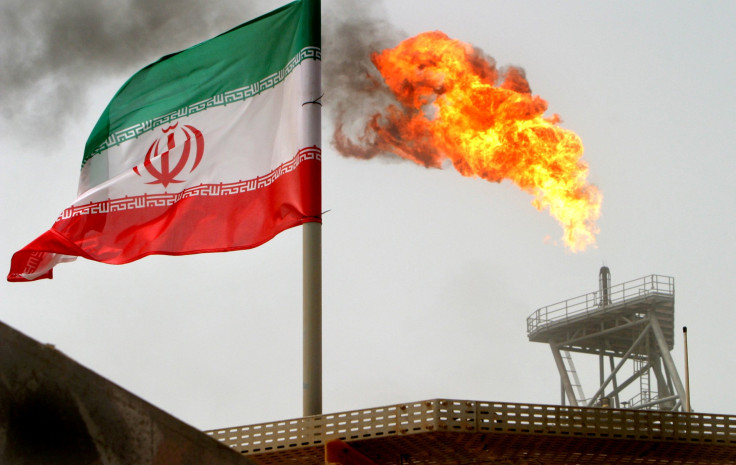Oil Prices 2016: Iran Beats Saudi Arabia In India Petroleum Supply As OPEC Considers Production Cuts

Iran overtook its regional rival Saudi Arabia in oil supply to India in October, as the world's top petroleum producers consider output cuts to raise prices, Reuters reported Thursday. The outflux of Iranian oil comes after international sanctions on Tehran's nuclear program were lifted in January, freeing up billions in financial assets and revitalizing Iranian trade.
The amount of Iranian oil imported by India last month tripled compared with a year ago when economic sanctions were still in place. India, the world's third largest consumer of fuel, imported over 789,000 barrels per day of Iranian oil in October compared with 697,000 barrels per day from Saudi Arabia.
Despite an over 100 percent increase in Iranian oil exports to India between the January through October periods of last year and this year, Saudi Arabia remained India's overall top supplier. Iraq was second and Iran came in third.
The surge in Iranian oil last month is likely due to several factors. Saudi Arabia has increased production of refined oil as opposed to crude, Iranian offered discounted prices and India wants to build up its strategic petroleum reserves. New Delhi purchased more than two million barrels of Iranian crude oil for these stocks. An additional four million is estimated for this month.
The shift in the regional petroleum-producing hierarchy comes as nations formulate a strategy to raise oil prices, which hit a three-month low at around $43 dollar a barrel Tuesday. Members of the Organization of Petroleum Exporting Countries (OPEC), of which both Iran and Saudi Arabia are a part, have planned a Nov. 29 meeting in Vienna aiming to reverse a decline in oil prices that some analysts say may sink to under $30 a barrel if a deal is not reached.
While Iran enjoys a period of increased production following years of sanctions, Saudi Arabia has become increasingly vocal about the need for a freeze. Russia, not a member of OPEC, has also supported the decision to cut oil production. The production cuts would exempt Iran, which suffered economically from the former sanctions, as well as Nigeria and Libya, whose internal conflicts with Islamist militants have hindered oil exports. A number of oil ministers are reportedly planning an informal gathering in Doha to attempt to reach a consensus ahead of the Nov. 29 meeting.
© Copyright IBTimes 2024. All rights reserved.






















